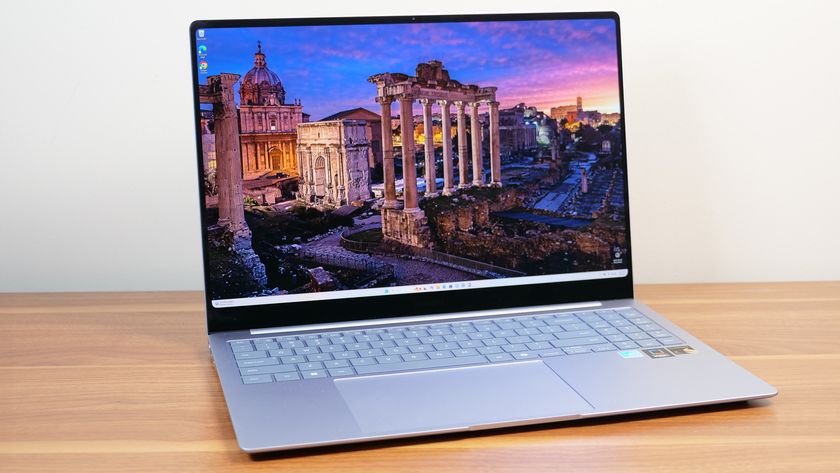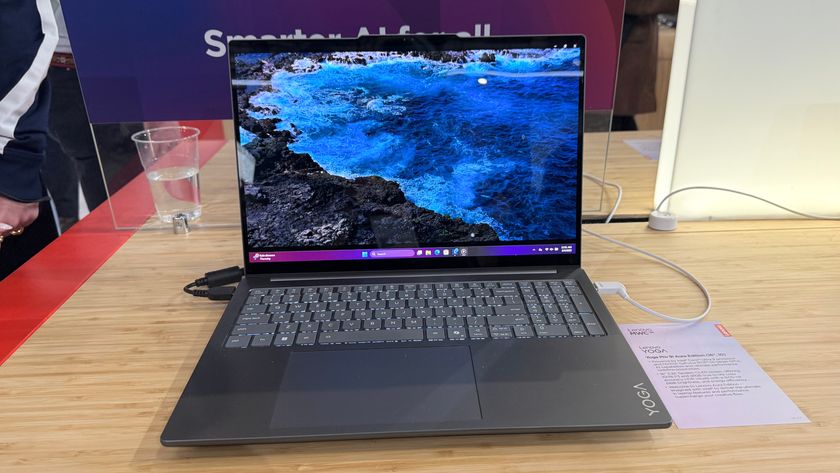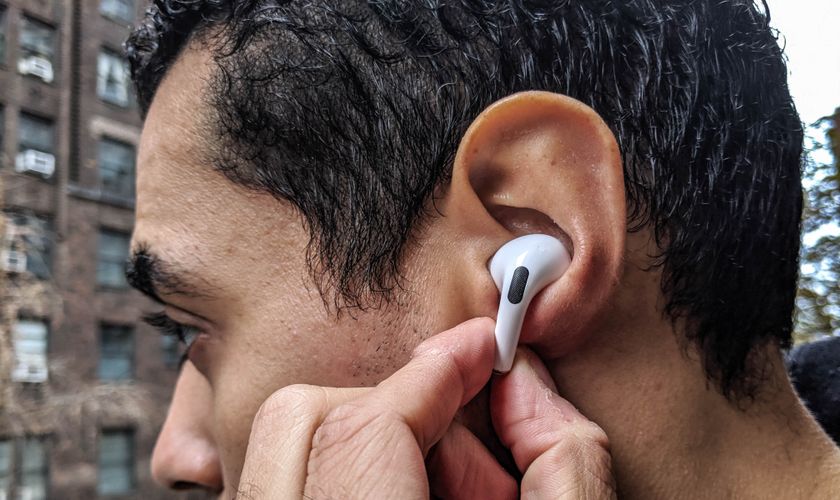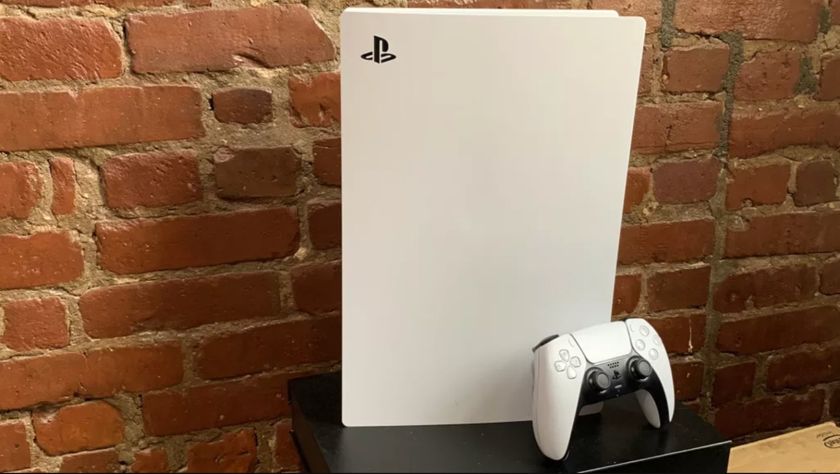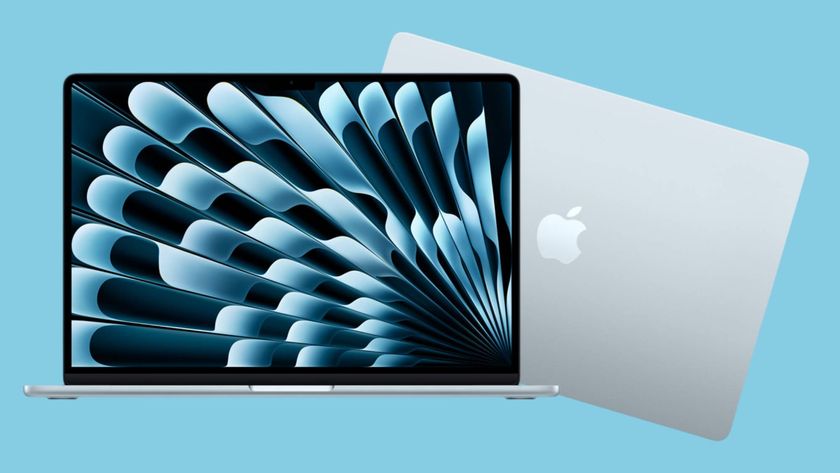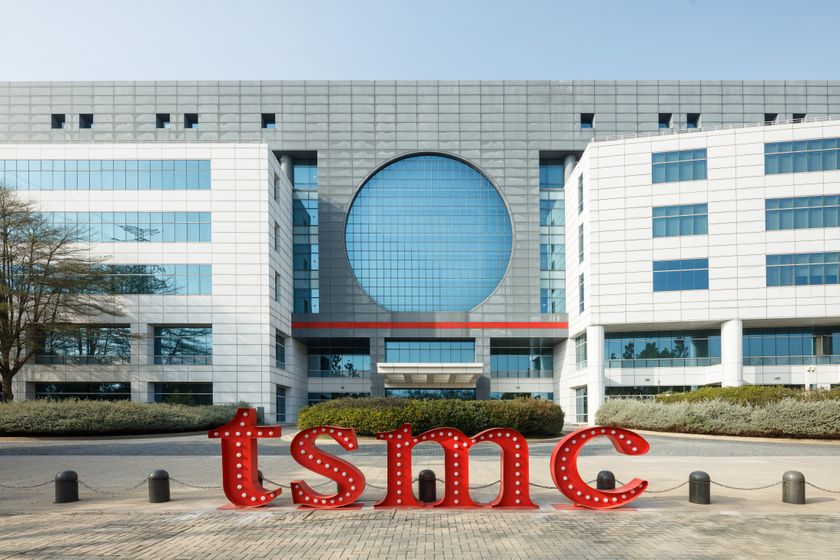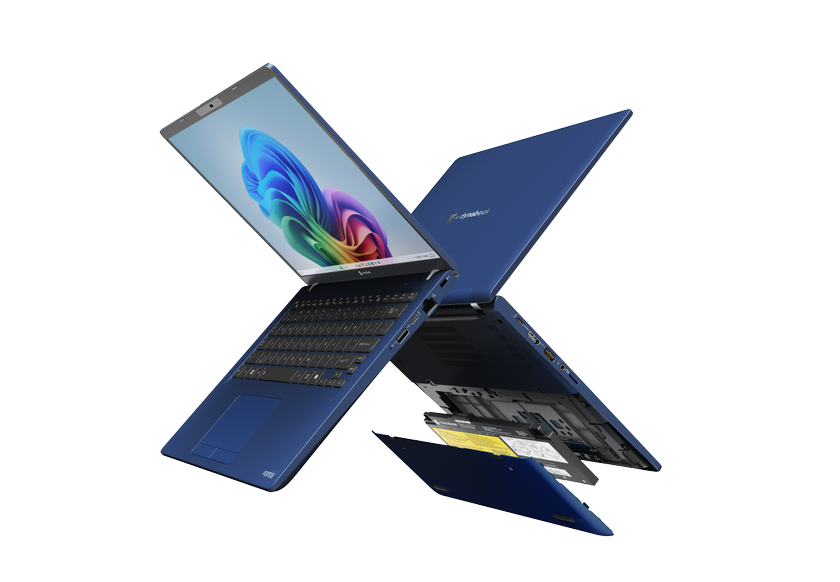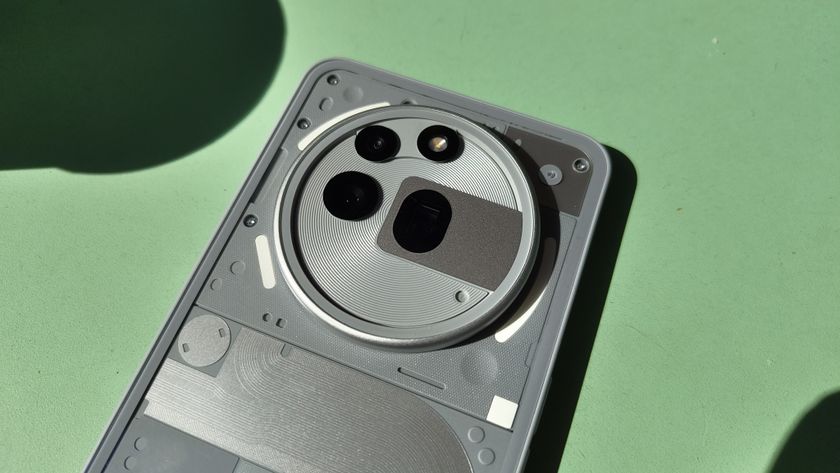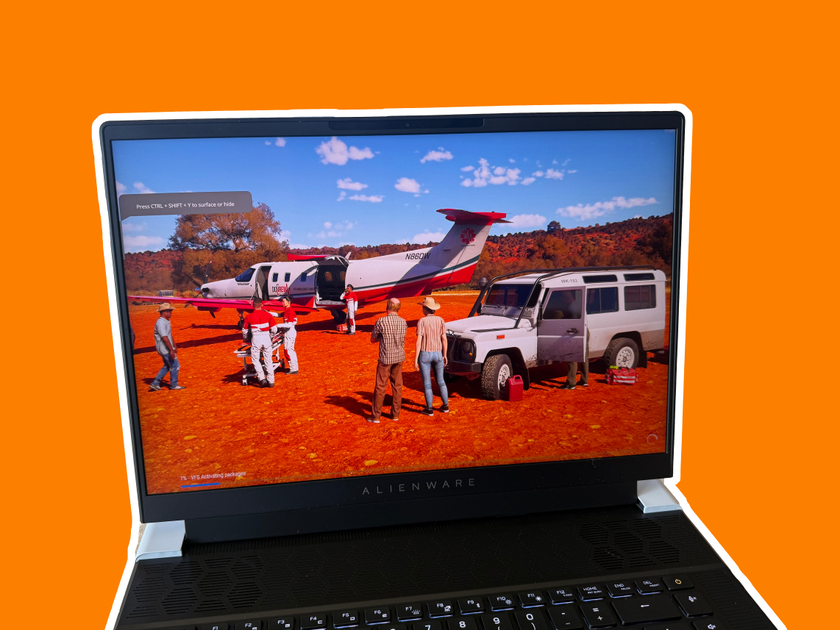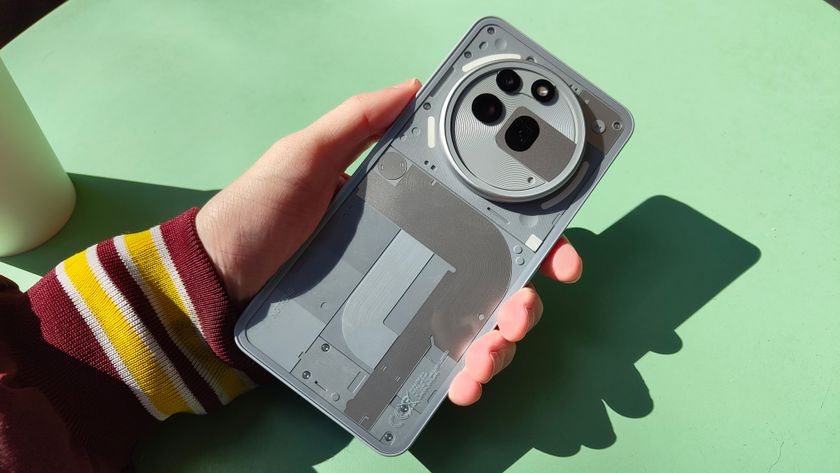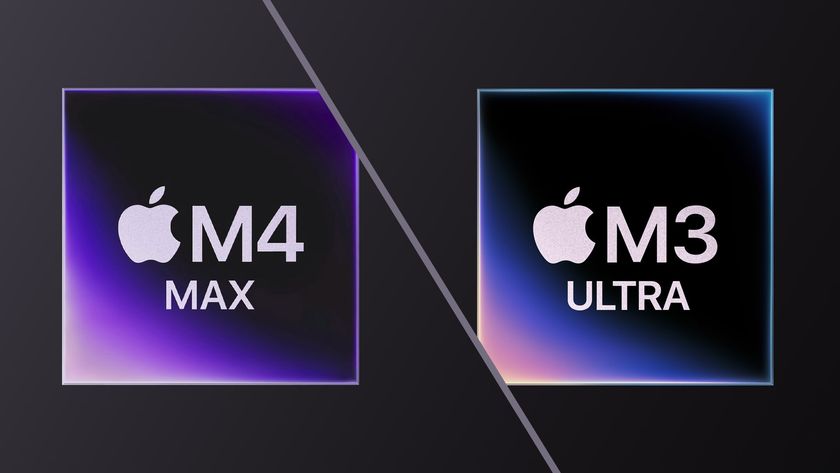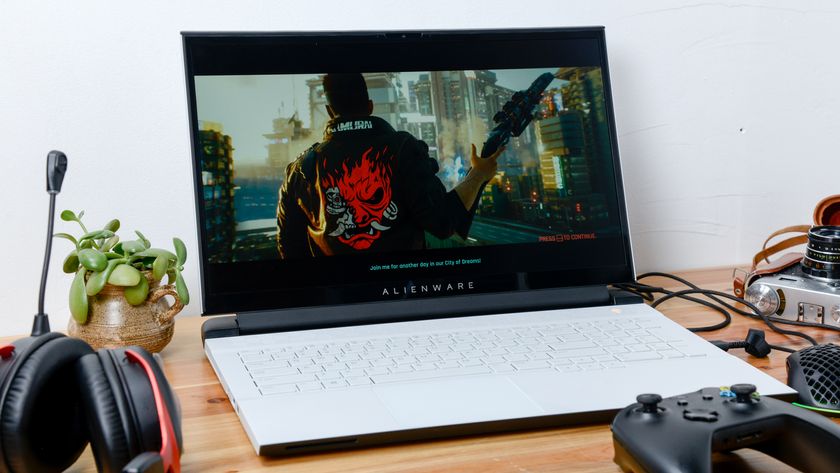Dell VP: Tablets Not Good Enough for 'Real Work'
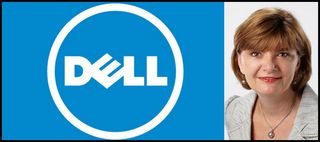
It's probably not a stretch to say that increased competition from the iPhone and iPad in the workplace played a role in Michael Dell deciding to take his company private last year in a $25 billion deal. So why does Dell's vice president of commercial sales operation, Bobbi Dangerfield, sound like she's down on tablets for business? In a recent interview, the exec shared that "the tablet is great if you're trying to do a little email or you want to read something or whatever. But if you've got real work to do then they're still not a substitute for the PC."
Sure, the 8-inch Venue 8 Pro has been a strong seller, but ultimately Dangerfield is more focused on PC sales in 2014 as a driver for the consumer market and as an entry point for selling end-to-end solutions to medium-size businesses. So far, this renewed focus on the PC is working. Dell's sales increased by 7.4 percent in the fourth quarter of 2013, while the overall market sank 6.9 percent.
Here's Dangerfield's take on the state of the newly private Dell, why 2-in-1 Ultrabooks are still a work in progress, and why the Dell Dude should have never been hired.
As head of commercial sales for Dell, what are your primary responsibilities?
I have overall responsibilities for customer experience for the company. That's one aspect of my role. Being in charge of global sales operations, it is really all about simplifying the purchase experience for our customers and making it easier for our sales teams also to do business with Dell.
MORE: Best Laptops 2014
And so what does all that mean? I take care of all of our order processing and customer service. None of the technical support, but when I say customer support it's things like "Hey I need to check the status of my order" or "I've got an issue with my invoice or a question about my blank." I have responsibility for all customer segments from consumers all the way up to our largest enterprises.
Stay in the know with Laptop Mag
Get our in-depth reviews, helpful tips, great deals, and the biggest news stories delivered to your inbox.
How has Dell changed since it has gone private?
"We've always had a very maniacal focus on our customers, but, quite frankly, that focus got split some when we had to react and respond to our friends on Wall Street. And so I think we can take all that time and energy that we spent working on quarterly numbers, and you're going to see a renewed sense of energy around our customers. And listening to them. We have innovations now in the way we use social media to listen to our customers and to get their feedback.
I also think you're going to see more of an openness and willingness to share what's going on inside of the company. You're going to see Michael out in front and a lot more open than maybe he's been able to be in the past as well. Which I think is pretty refreshing."
How are you thinking about the tablet as part of your product mix and what you're offering to both consumers and businesses?
We see the same market trends as everyone else. I think what we're seeing and what we hear a lot from our customers is that tablets are great and that sales of the new Dell Venue tablets have just been skyrocketing. I think we've had success beyond anybody's wildest imagination.
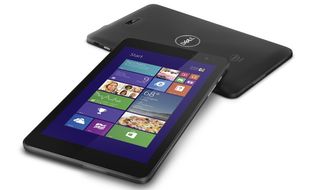
How has the Venue 8 Pro been selling thus far?
Our business customers like it because it's got all the manageability and the security of all of those things that would be important to allow somebody to connect to the corporate network. But what if you really want to work? The tablet is great if you're trying to do a little email or you want to read something or whatever. But if you've got real work to do, then they're still not a substitute for the PC.
MORE: Top 8 Windows Tablet-Laptop Hybrids
What about tablets going forward?
I think the bigger question is as more Millennials enter the work force -- I look at my own kids and they're doing stuff on their smartphones that I would need my computer to do. As you get this demographic change in the work force, different types of mobility devices like smartphones and tablets will take a bigger share. But in the meantime we've seen a lot of strength in our PC business over the course of the last quarter.
What do you tell potential customers who say they're thinking of going with the iPad?
We talk to them a lot about the manageability and the security of because I don't think Apple has addressed that yet. You know the issues that Target and Neiman Marcus had, right? Privacy is a huge concern -- the security of your network. And for people that's really top of mind.
Now that Samsung is focusing more on productivity with the Galaxy Note Pro, do you see them as a threat on the business side?
You know, I think they are. And I think that there's somebody that we have to -- we constantly have to keep an eye on our competition and we don't take anyone for granted.
When you look at the entire competitive landscape, a lot of folks say "we have security and manageability." How does Dell stand out there?
With our kind of solution and service portfolio and all the acquisitions we've done -- like 29 acquisitions over the past 6 or 7 years or so -- our solutions portfolio is pretty strong. And it's interesting because even at Dell World this is the third year in a row I've had customers tell me, "Wow, we had no idea that Dell has all this end-to-end capability."
I think with the acquisitions that we've made, we can bring a nice end-to-end solution together for our customers in a way that Samsung, as an example, can't. They're not really playing in the data center.
MORE: Chromebook vs. Tablet: Which Should You Buy?
How do you want customers to think about Dell now that you're going through this evolution as a private company?
Our mission statement kind of says it all. And that is, we're helping people everywhere grow and thrive and through technology solutions give them the power to do more. And I think if you think about giving people the power to do more, whether you're sitting in an office or working in a data center or running a manufacturing floor or taking your tablet with you to your son's soccer game. All -- the power to do more has applicability across all those segments. And you're right, that's been a challenge for us. I don't know if you remember -- this is way back when -- we had the Dell Dude.
Oh yeah. I remember.

And it was, you know "Dude, you’re getting a Dell." And that really hurt us. It was a great -- and I was in our consumer business at the time. The phones would light up when that commercial came on. It was the most unbelievable thing you ever saw.
But our business customers came and told us "we're not taking you guys seriously. We would never think about putting you in. You got the Dude over there." So I think we learned a big lesson. The power to do more, I think, that has given us a good balance and really does work and resonate across all of our customer segments.
HP recently announced a couple of phablets for the India market. Does Dell need a smartphone in order to say that we have a true end-to-end solution for customers?
I don't think we do. People are using their smartphones, for sure, but I don't think that's something that is required to say that you have the end-to-end view. We can manage iPhones and Android phones with our management tools and we also now have a multi-vendor support service offering technical support. So we can support anything that anyone has.
MORE: Top 10 Smartphones
The 2-in-1 Ultrabook market has started off slow, but it seems to be picking up more momentum as second-gen devices roll out. Are you a big believer in that as a growth category? Or are you in more of a wait-and-see mode?
I'm personally in a wait-and-see mode and I think that that really is kind of the Dell position as well. I just don't think we have enough data.
Would you say Dell is going to be pushing the envelope more in terms of innovation now?
If you think back to where Dell has come from, we've always been kind of a fast follower versus kind of being out on the leading edge of innovation and R&D. That said, we recently made some pretty big investments in R&D, which is a little bit of a departure. But it's selective R&D.

